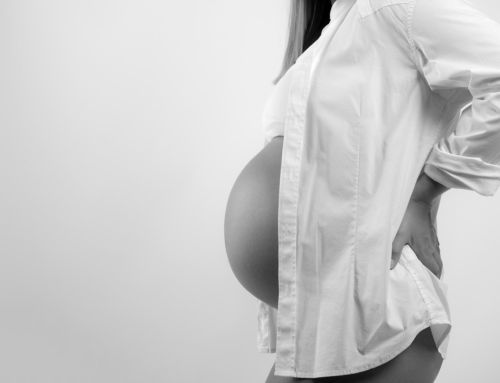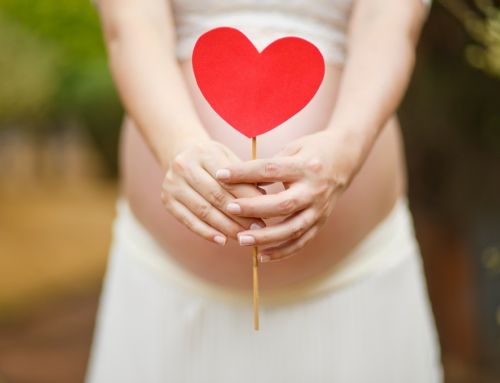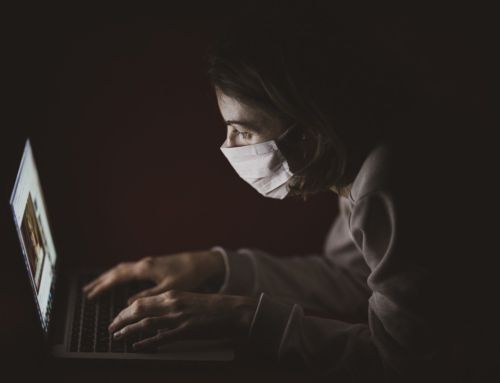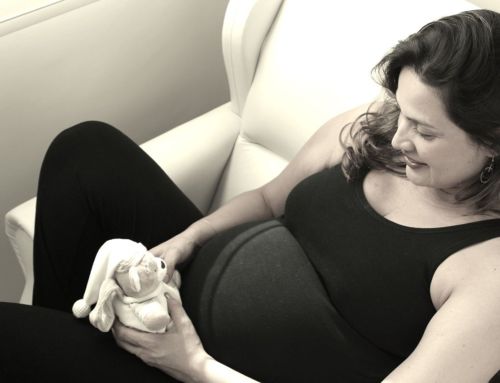10 Common Problems Faced During Pregnancy & Solutions
It is very common for pregnancy to be accompanied with some health problems for the mothers. Learn about some common health issues & solutions to help you make pregnancy more enjoyable.

Pregnancy is a precious time in every women’s life. However, this special period is usually accompanied with several common health problems which although are not dangerous, but usually are annoying for mothers due to the discomfort they cause. In this article, we will discuss some common health issues and the ways to handle them at home.
Common Problems Faced During Pregnancy & Solutions
1) Urinary Frequency (Frequent Urge to Urinate) –
Pregnancy period especially during the first 12 weeks (First Trimester) causes a frequent urge to urinate. These urges are caused due to the hormonal changes and the increased pressure put by the expanding uterus on the bladder. This is a very normal occurrence which every mother undergoes. Please make sure that you do not reduce intake of water or other fluids which are critical for mothers health & baby’s development.
The urge to urinate will automatically reduce during the second trimester as the pressure of the growing uterus gradually gets reduced on the bladder and presses the abdomen instead. However, during the third trimester, the urge will return again as the growing baby starts descending and once again presses against the bladder.
Steps to handle the condition & precautions –
– If the urge is becoming very bothersome especially during the night time, try not to drink too much fluids during late evening. However, still please make sure that you stay hydrated during the rest of the day.
– Avoid drinking caffeinated drinks which are diuretic in nature and increases the urge to urinate and can compound this issue.
– If at any point, you feel that urination is accompanied with excessive burning or back pain, please consult your doctor right away since it could be a signal of urinary tract infection.
2) Urinary stress incontinence – leaking urine
It is very common for mothers to leak a little bit of urine when they cough, sneeze or laugh. This condition is called urinary stress incontinence, and tends to be a more prominent problem during late pregnancy. It’s caused due to the increased pressure of the uterus on your bladder.
Although embarrassing, this is a completely normal symptom which every women undergoes during pregnancy. Use the steps below to mitigate this condition.
Steps to handle the condition & precautions –
– Perform exercises to strengthen the Pelvic floor. These exercises will not only help you combat this problem but will also be very helpful after the delivery.
– Please discuss with your doctor before carrying out any exercises since they should be customized based on the stage of your pregnancy.
– Reach out to your doctor right away if you notice excessive leakage accompanied with burning sensation.
3) Constipation
Constipation is a very common problem during pregnancy time but also one of the most critical to pay attention to because if left untreated, it can result in piles. There are few very easy steps which can be done to prevent or treat this condition which are listed below.
Steps to handle the condition & precautions –
– Ensure that you drink about 7-8 glasses of water every day.
– Increase Fiber Intake by eating more fruits, vegetables & cereals. In general it is recommended to eat about 30 gm. of fiber everyday for a healthy bowel movement.
– Try walking throughout the day and stay active. Go for a light walk especially after meals.
– Eat frequent small portioned meals through the day.
– If you feel that there is any swelling or irritation, try applying an ice pack.
– Do not use any over the counter creams or laxatives without receiving proper guidance from your doctor
4) Heartburn
Hormonal changes in the body often results in frequent heartburn during pregnancy which is one of the most reported problem. As you progress through the pregnancy term, the issue becomes more pronounced as the baby growth results in extra pressure on the body.
Steps to handle the condition & precautions –
– Try walking throughout the day and stay active. Go for a light walk especially after meals.
– Eat frequent but small portioned meals through the day.
– Avoid eating any heavy food (fried, oily or spicy food) which can make the condition more prominent
– Try drinking small amount of milk (or eat plain yogurt) during the day time.
– Do not take any medicines without discussing with your doctor.
5) Blocked Nose
Hormonal changes in the body can cause irritation in the sensitive nose lining and give the feeling of a blocked nose. Care must be taken to handle this situation because this can lead to further irritation or nose bleed.
Steps to handle the condition & precautions –
– Do not blow the nose too hard because it can further damage the lining.
– Try inhaling water vapor 2-3 times a day for small duration
– Stay hydrated
– Try taking a clean cloth, dip in hot water and inhale while keeping it close to your nose.
– Talk to your doctor about saline drops which can be taken based on the stage of your pregnancy
6) Swollen Leg Veins
Hormonal changes in the body can cause the development of bluish veins on the legs and can cause leg pains
Steps to handle the condition & precautions –
– Avoid standing for long duration
– Do regular lite walking
– Massage your legs regularly to promote blood flow.
– Try putting a pillow beneath your legs for short duration
7) Hair Fall
Hormonal changes in the body can disturb the life cycle of hair growth. This can result in a short period where hair may appear thicker than usual often followed by period of sharp hair fall. In the beginning of the pregnancy (often dung the end of first trimester), hair appears thicker than usual due to an increase in estrogen followed by hair fall.
Hair fall is usually very common and persists for few months (10-12 months) after the baby is born as hormones return to their normal levels.
Steps to handle the condition & precautions –
– Keep your hair clean and prevent excess oil buildup
– Drink more water.
– Regularly massage your hair
– Don’t eat or drink any hair supplements (for e.g. Biotin) without discussing with your doctor first.
8) Cramps
Cramps are a sudden, sharp pain, usually in your calf muscles especially during night time and are a very common & painful condition during pregnancy which is entirely preventable by performing following things –
Steps to handle the condition & precautions –
– Regularly exercise by lying down straight on the mattress and stretching the calf muscles by pulling your toes towards your ankle
– Try spot walking for few minutes at a time
– Try rubbing the calf muscles for few minutes if you feel stiffness
– Especially perform the stretching before going to sleep
– If the cramps regularly interrupt your sleep or are extremely painful, reach out to your doctor right away.
9) Backache
Backache during pregnancy is caused by the increased strain on the joints in the lower back and pelvis due to the growing baby and as mothers body adjusts to it.
Steps to handle the condition & precautions –
– Wear flat comfortable shoes to enable even weight distribution
– Avoid lifting heavy articles which can put additional stress on the back
– While grocery shopping or performing household chores, balance the weight on both sides to avoid pressure on any one particular side.
– Avoid sitting or lying down for long periods.
– If you feel tired, prevent over exertion and take a break right away.
– Try sitting straight and maintain good posture.
– Change your mattress and use a firmer one which can support your back properly
– Perform gentle stretching while sitting
10) Vaginal Discharge
Some amount of discharge during pregnancy is quite normal, unless it becomes itchy, uncomfortable or has an unpleasant smell which could signal vaginal infection (thrush). During pregnancy, the walls of vagina turn softer. The increase in vaginal discharge helps to ward off any infection that can otherwise move from the vagina to the womb.
Steps to handle the condition & precautions –
– Eat yogurt which has lot of good bacteria such as acidophilus and bifidus which stop & prevent the growth of any infections
– Drink more water
– Maintain general cleanliness and change garments regularly
– If discharge is accompanied with some itching, apply cold compress as necessary
– If there is any indication of thrush, please reach out to your doctor right away.
Do you have any more tips to share with us based on your experience ? Let us know through your comments below.






